There is level 1 evidence that suggests UPPP surgery is an effective treatment for OSA in the appropriately selected patient.


There is level 1 evidence that suggests UPPP surgery is an effective treatment for OSA in the appropriately selected patient.
OSAS is associated with increased morbidity and mortality, as well as increased risk of poor sleep and low QOL
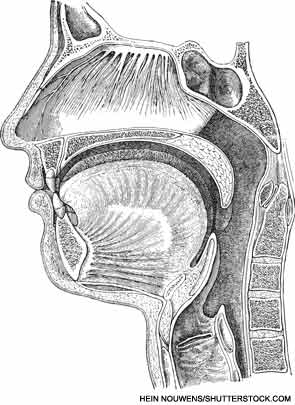
Otolaryngologists discuss pros and cons of uvulopalatopharyngoplasty, relocation and lateral pharyngoplasty, Z-palatoplasty, and other surgical procedures for OSA at the 2013 American Academy of Otolaryngology-Head and Neck Surgery Annual Meeting
Can an anatomy-based staging system effectively predict the efficacy of uvulopalatopharyngoplasty (UPPP) performed along with nasal surgery? Background: While the overall efficacy of UPPP is estimated at 40 percent, Friedman and […]
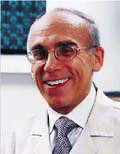
Does multilevel upper airway surgery preclude continuous positive airway pressure (CPAP) usage, and is there a best way to repair cerebrospinal fluid (CSF) leaks?
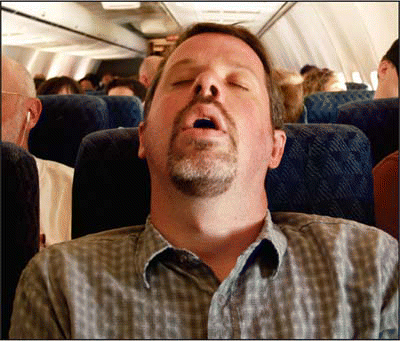
Snoring is a common complaint of patients (and their spouses) treated by otolaryngologists.
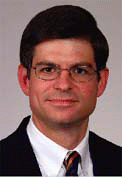
Experts agree that continuous positive airway pressure (CPAP) is the gold standard for management of obstructive sleep apnea.
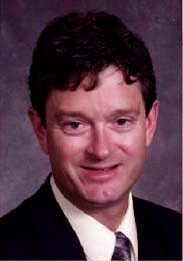
When it comes to performing surgery for obstructive sleep apnea (OSA), there are a variety of procedures that can be done, but otolaryngologists sometimes have personal preferences, and preferences can affect everything from how diagnoses are made to the type of surgery performed, often with similar end results.